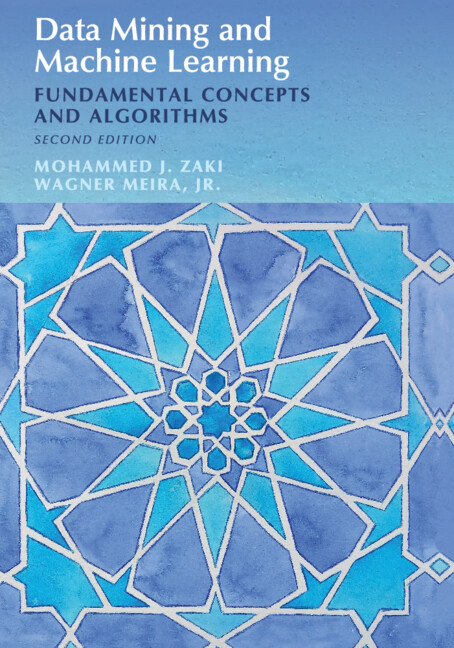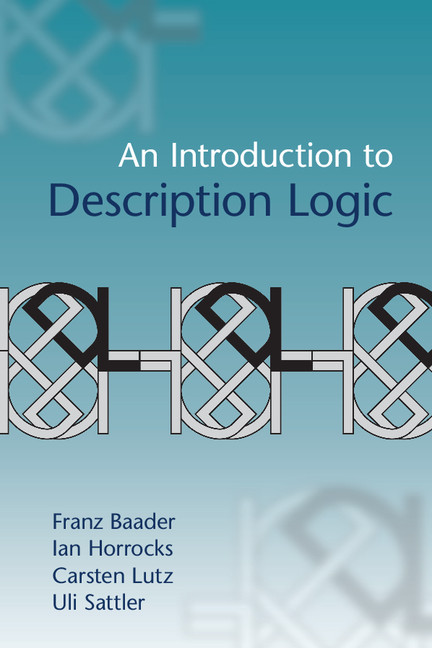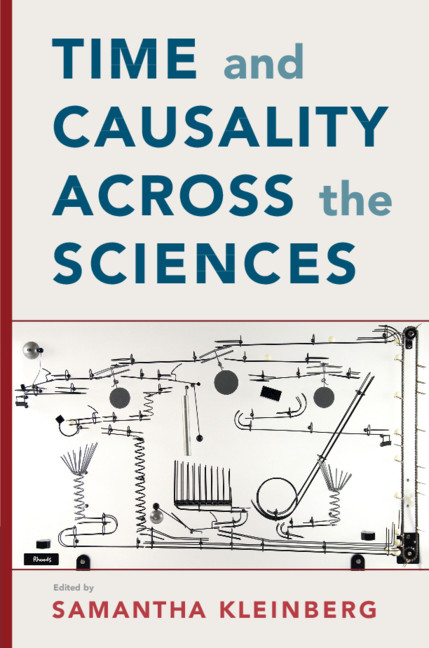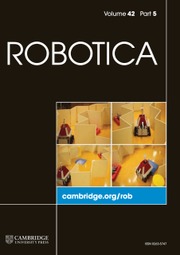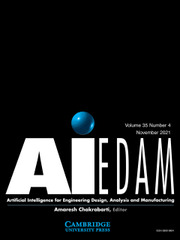Relational Knowledge Discovery
What is knowledge and how is it represented? This book focuses on the idea of formalising knowledge as relations, interpreting knowledge represented in databases or logic programs as relational data and discovering new knowledge by identifying hidden and defining new relations. After a brief introduction to representational issues, the author develops a relational language for abstract machine learning problems. He then uses this language to discuss traditional methods such as clustering and decision tree induction, before moving onto two previously underestimated topics that are just coming to the fore: rough set data analysis and inductive logic programming. Its clear and precise presentation is ideal for undergraduate computer science students. The book will also interest those who study artificial intelligence or machine learning at the graduate level. Exercises are provided and each concept is introduced using the same example domain, making it easier to compare the individual properties of different approaches.
- Material has been tried and tested in university courses by the author
- Necessary theoretical background is provided
- Exercises are interwoven throughout so readers can progress confidently through the book
Product details
June 2012Paperback
9780521122047
280 pages
247 × 173 × 15 mm
0.52kg
50 b/w illus. 100 exercises
Available
Table of Contents
- 1. Introduction
- 2. Relational knowledge
- 3. From data to hypotheses
- 4. Clustering
- 5. Information gain
- 6. Knowledge and relations
- 7. Rough set theory
- 8. Inductive logic learning
- 9. Ensemble learning
- 10. The logic of knowledge
- 11. Indexes and bibliography
- Bibliography
- Index.


